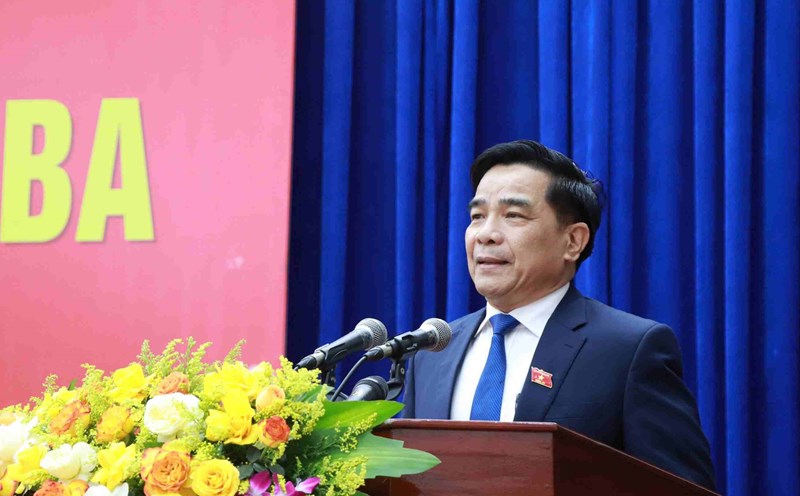Minister of Home Affairs Pham Thi Thanh Tra said that based on the above regulations, the Government will direct competent authorities to study and regulate the spending norms (in addition to salary) according to products for each job to ensure the income of ministries, civil servants associated with results, efficiency and labor productivity.
Thereby creating motivation for cadres and civil servants to improve the quality of their work on the basis of ensuring the principle of income commensurate with the value of labor, "working more and receiving more, working less and receiving less", gradually resolving the issue of income equalization.
The law clearly stipulates the rights of cadres and civil servants regarding salaries, bonuses and salary-related regimes.
Accordingly, cadres and civil servants are entitled to salaries, bonuses and other income according to the results and products of the job position, in accordance with the socio-economic development conditions of the country and locality.
These people are also entitled to overtime pay, night work wages, work fees and other regimes according to regulations.
Officials and civil servants working in areas with particularly difficult socio-economic conditions or in arduous, toxic, and dangerous occupations and jobs are entitled to allowances and preferential policies according to regulations.
Officials and civil servants are entitled to annual leave, holidays, Tet, personal leave, and unpaid leave according to the provisions of the law on labor.
In case the staff and civil servants do not use or do not use all the annual days off due to task requirements, in addition to salary, they will also be paid an additional amount equal to salary for the days off.
Officials and civil servants are guaranteed the right to study, conduct scientific research, participate in economic and social activities, except for activities as prescribed in Article 14 of this Law; enjoy preferential policies on housing, social insurance, health insurance and other regimes as prescribed by law; in case of injury or sacrifice while performing official duties, they will be considered for the same regime and policies as war invalids or considered for recognition as martyrs.
The law also completes regulations on implementing civil servant assessment. The principle is that the assessment must ensure democracy, publicity, fairness, transparency, objectivity, consistency, continuity, and multidimension.
The evaluation content must be converted to the maximum quantity in terms of progress, quality and efficiency associated with job position. Applying science, technology, digital transformation in monitoring, evaluating, and classifying civil servant quality.
Based on the results of quality monitoring, assessment and classification, competent agencies and organizations shall consider and decide on training, fostering, planning, mobilizing, appointing, reappointing or arranging to higher positions; implementing salary regimes, regimes and other policies according to the provisions of law and regulations of competent authorities.
The results of the assessment also determine the rewards, additional income regimes, bonuses according to regulations; are the basis for consideration, placement in lower job positions or termination of employment in cases of failure to complete tasks or failure to meet task requirements.
The above content will be specified in detail by the Government. The law takes effect from July 1, 2025, except for cases where regulations on civil servant assessment are implemented from January 1, 2026 (due to having to assess civil servants annually).









